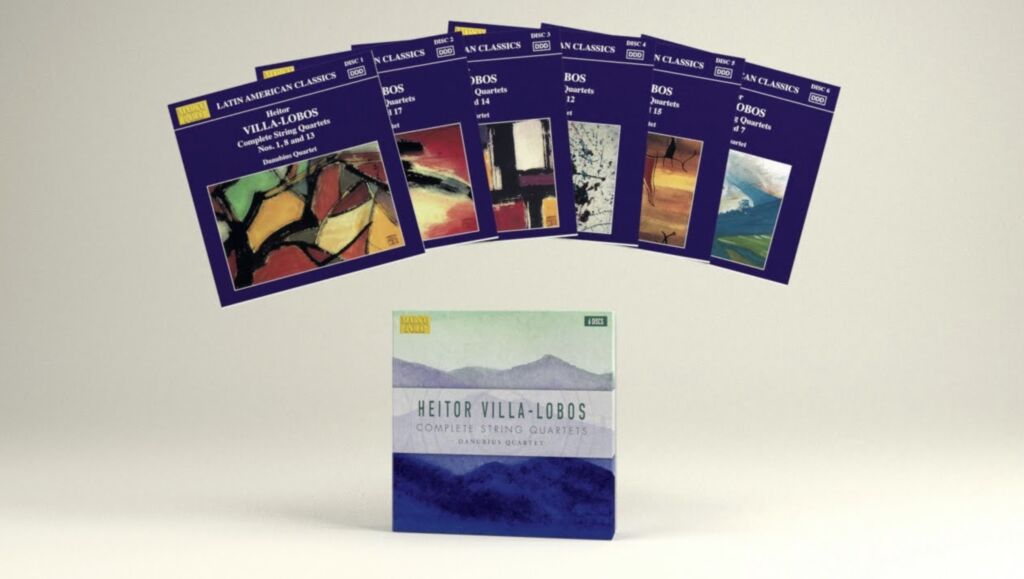The musicologist Juan Aturo Brennan has claimed that the series of 17 String Quartets by Brazilian composer Heitor Villa-Lobos (1887–1959) is on a par with the two great quartet series of the 20th century: the six by Bartók and the 15 by Shostakovich. Bartók’s are important because they broke new ground in modernism and writing for string instruments; Shostakovich’s because they represented his deepest, most personal mode of expression.

I would place the set by Villa-Lobos (and indeed, the set by Weinberg) slightly below these in historical importance, but there is no doubt the Villa-Lobos quartets encapsulate everything we love about the composer. They display his melodic profundity, his love of counterpoint, his natural ebullience and his rhythmic vitality – and they spare us the overscoring and over-expansion of some of his orchestral music. The quartet medium concentrated his musical ideas. Moreover, he was a string player himself: his instrument was the cello, and in all his music the cello parts are invariably rich, vibrant and expressive.
Unlike Bartók and Shostakovich, there is little sense in the Villa-Lobos set of the composer refining his language. The First Quartet (1915) – a lovely...










Comments
Log in to join the conversation.